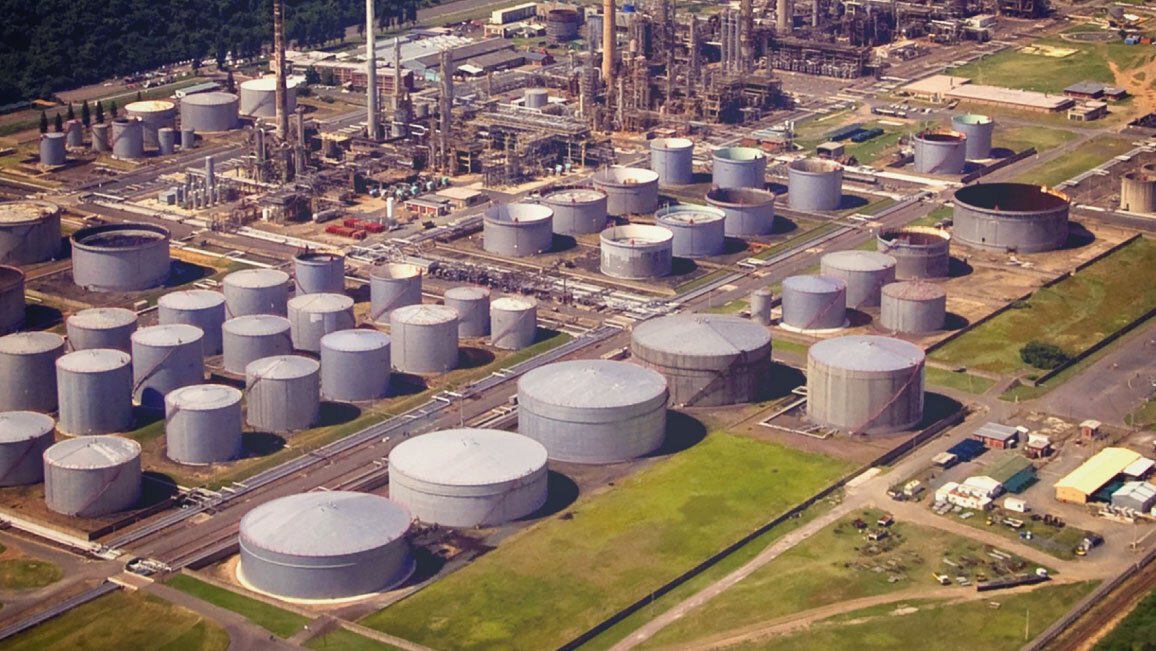
Dear Much Asphalt Stakeholder
re: BITUMEN SUPPLY – LOCAL SOURCES
Further to the public announcement by the shareholders of the refinery known as SAPREF, located in Durban, find attached correspondence from both Shell and Masana regarding their decision to halt refining operations by end of March 2022. This closure will be indefinite.
This will result in only one refinery, namely NATREF located near Sasolburg, being operational and able to supply bitumen in South Africa. We understand that supply allocations from the two shareholders of NATREF are in place and that only one penetration grade bitumen per customer per day are being allocated. No plans have thus far been communicated to increase production from this facility going forward.
Recent communication from the main shareholder of the Astron Refinery, located in Cape Town, about its operational future, confirmed that it should be operational during October 2022. This refinery ceased all operations in early July 2020 because of a serious explosion.
The fourth refinery located in Durban, owned by Engen, ceased operations during December 2020 due to yet another explosion. Indications are that this facility will be repurposed as an import terminal and storage facility by end 2023. Currently it is not clear if this strategy will include bitumen as a product.
The result of this situation is that most of the bitumen required for the local market will have to be sourced from sources outside of South Africa, typically by importing material via a bulk tanker ship.
Of late the bituminous industry has been forced to resort to regular imports and there are several key relationships with reliable suppliers in place to ensure reliable supply to the local market. However, we wish to re-assure our customers of our commitment to ensure good uninterrupted progress on committed projects, and wish to confirm the following:
- The quality of bitumen from any supply source will remain a major focus point and will not be compromised. Testament to this fact is that recently a bulk consignment of bitumen that arrived in the Cape Town Harbour to be offloaded, but which was tested and found to be of sub-standard quality, was rejected and the entire consignment had to be shipped elsewhere by the supplier.
- With lead times increasing from days in the past to eight and more weeks in future, planning and forecasts of bitumen requirements, both i.t.o. volume and grade, is critical.
- The large, imported consignments of bulk bitumen (typically 8 000 to 12 000 tonnes) arriving in a bulk ship and which has to be offloaded within three to five days, will demand significantly larger storage and handling capabilities. Much Asphalt, and many other industry players have invested in storage facilities recently and plans are in place to further increase this capacity.
This fundamental shift in bitumen supply into the Southern African market will result in a different pricing mechanism into the future as the historical method and the acceptance of monthly published prices from the local oil refineries, barring the relatively small volumes that should be available from NATREF, will have little bearing and relevance on the cost of product being imported, stored, heated and distributed.
The factors that may impact the price of imported product from (mainly) European sources are not only different to that which impact the pricing of local supply, but are numerous as well. Prices for instance can vary significantly between different sources (refineries), sellers in the market, the cyclical nature of a northern hemisphere summer versus a South African winter and vice versa, different grades are sometimes priced very differently, the Rand/Dollar exchange rate, etc.
The necessity for the local market to further increase storage, heating and handling logistics will also impact prices.
Of immediate concern is that from 1st April 2022 there will be no SAPREF regulated bitumen available, and existing and future contract prices based on bitumen from this refinery will no longer be valid.
Currently there are discussions between various stakeholders to determine a fair method of recovering the increase in bitumen cost. This will be communicated in due course. However, we would appreciate any input you may have as well.
This is a new and challenging environment for the whole industry and one that we can only solve together.
Yours faithfully
AECI MUCH ASPHALT (PTY) LTD
BC GREYLING
Managing Director